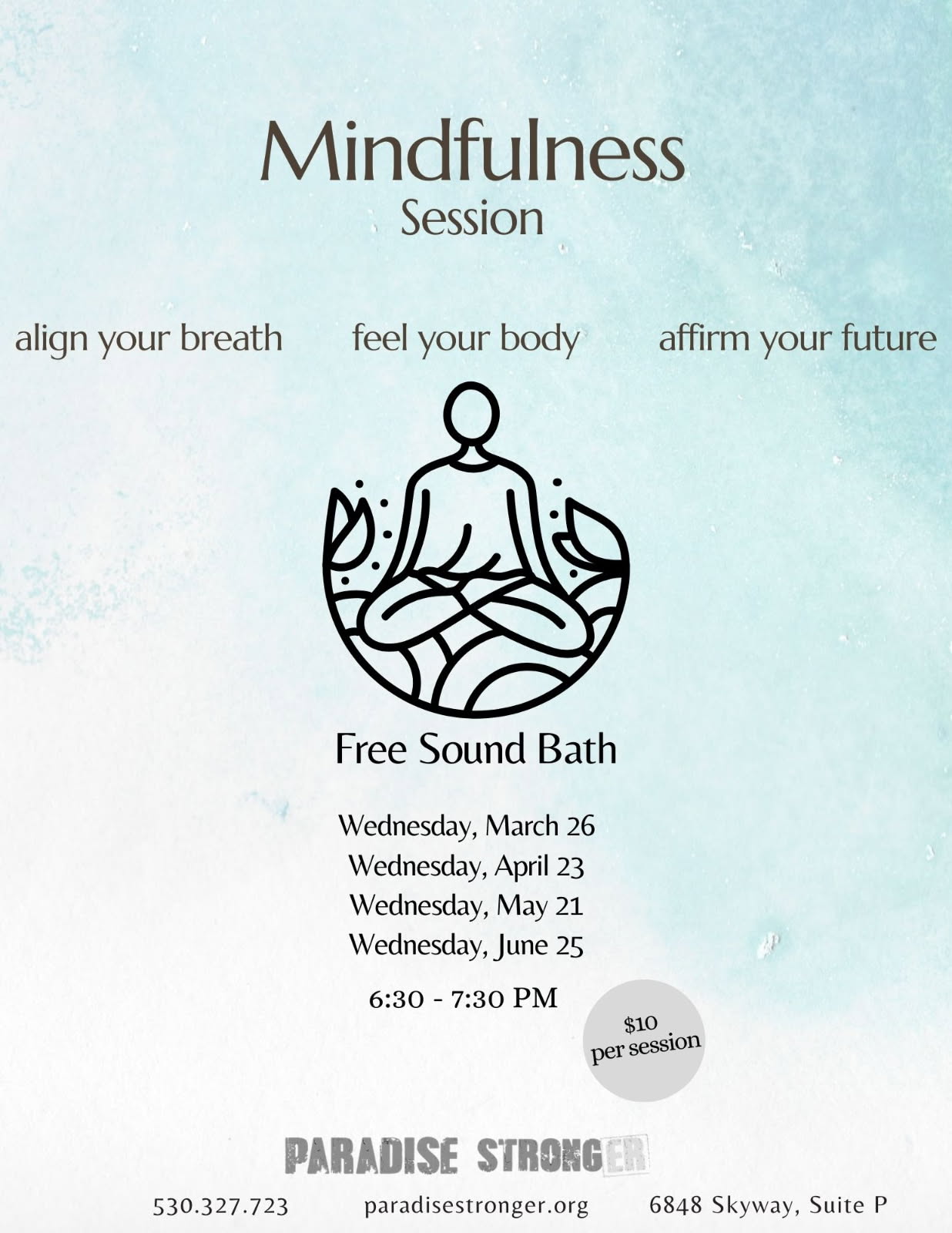Staying Healthy and Fit While Growing Older
Aging is an inevitable part of life. It is a process that we cannot stop, and as we age, our bodies and minds go through changes. However, while we cannot control the aging process, we can control how we age. By maintaining a healthy lifestyle, we can ensure that we age gracefully and live a long, healthy life. In this article, we will explore some tips for staying healthy and fit while growing older.
1. Exercise Regularly
Exercise is essential for maintaining a healthy body and mind. As we age, our metabolism slows down, and our muscles and bones become weaker. Exercise can help to increase our metabolism, build muscle mass, and improve bone density. Regular exercise can also improve our mood, reduce stress, and help us sleep better.
As we age, it is recommended that we engage in at least 30 minutes of moderate-intensity exercise every day. This can include activities such as walking, cycling, swimming or yoga. Resistance training with weights or resistance bands can also help build muscle and maintain balance, reducing the risk of falls.
2. Eat a Healthy Diet
Eating a healthy, balanced diet is vital for good health, especially as we age. Our bodies require a diverse range of nutrients to function correctly, and a well-balanced diet can help to reduce the risk of chronic disease and age-related conditions. A diet rich in fruits, vegetables, whole grains, lean protein, and healthy fats can provide the necessary nutrients for optimal health.
As we age, our calorie needs decrease, and it can become more challenging to maintain a healthy weight. To maintain a healthy weight, it is essential to monitor portion sizes and limit the intake of processed foods high in calories, sugar, and unhealthy fats.
3. Maintain Strong Relationships
Our social connections are crucial to our well-being, and as we age, maintaining strong relationships becomes even more critical. Social isolation is a common problem among older adults and can lead to a decline in mental and physical health. Research has shown that maintaining strong social connections can reduce the risk of age-related cognitive decline, depression, and anxiety.
To maintain strong relationships, it is important to stay connected with loved ones, participate in social activities, and join community groups. Volunteering or joining a social club can also be a great way to meet new people and build new friendships.
4. Manage Stress
As we age, stress can become more challenging to manage, and chronic stress can have a detrimental impact on our physical and mental health. Stress can increase the risk of chronic disease, depress our immune system, and impair cognitive function.
To manage stress, it is essential to find healthy coping mechanisms. Meditation, mindfulness, deep breathing exercises, and yoga can all help to reduce stress and improve mental well-being. Engaging in activities that you enjoy, such as reading, listening to music, or gardening, can also help to reduce stress.
5. Get Enough Sleep
Getting enough sleep is crucial for good health, yet many older adults struggle with sleep disturbances. As we age, our bodies produce less melatonin, a hormone that regulates sleep, making it more difficult to fall asleep and stay asleep. Poor sleep can have a negative impact on physical and mental health and increase the risk of age-related conditions.
To improve sleep quality, it is essential to practice good sleep hygiene. This can include going to bed and waking up at the same time every day, avoiding caffeine and alcohol before bed, and creating a relaxing sleep environment. Regular exercise, meditation, and relaxation techniques can also improve sleep quality.
Conclusion
Aging is a natural part of life, but maintaining a healthy lifestyle can help us age gracefully and live a long, healthy life. Regular exercise, a healthy diet, strong social connections, stress management, and good sleep hygiene are all essential components of a healthy lifestyle. By incorporating these habits into our daily life, we can optimize our physical and mental health, reduce the risk of chronic disease, and enjoy a high quality of life as we age.
Action Steps for Readers:
1. Schedule regular exercise into your weekly routine. Start with 30 minutes a day and gradually increase your activity level.
2. Incorporate more fruits, vegetables, whole grains, and lean protein into your diet while limiting processed foods high in calories, sugar, and unhealthy fats.
3. Connect with loved ones and participate in social activities regularly. Consider volunteering or joining a social club to meet new people.
4. Practice stress management techniques such as meditation, deep breathing exercises, or engaging in activities you enjoy.
5. Improve your sleep hygiene by establishing a regular sleep routine, avoiding caffeine and alcohol before bed, and creating a relaxing sleep environment.
More from Health and Fitness Tips and Advise for people 50+
RJ Mahvash Lavishes Praise On Yuzvendra Chahal Amid Dating Rumours, Calls Punjab Kings Player ‘Great, Most Caring Person’
Yuzvendra Chahal and RJ Mahvash have been rumoured to be dating shortly after the cricketer's divorce was finalised with …
Is being good with pets a green flag? Relationship expert shares how this may be the new love language
When you are on a dating app and swiping through profiles, have you come across one that …
Stebin Ben shuts down dating rumours with Nupur Sanon, says their bond is purely platonic: ‘Yes, I am single’ | Hindi Movie News
Singer Stebin Ben has officially addressed long-standing speculation about his relationship with Nupur Sanon, and fans hoping …































